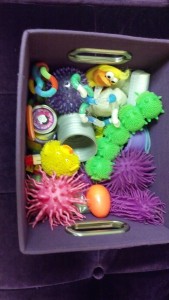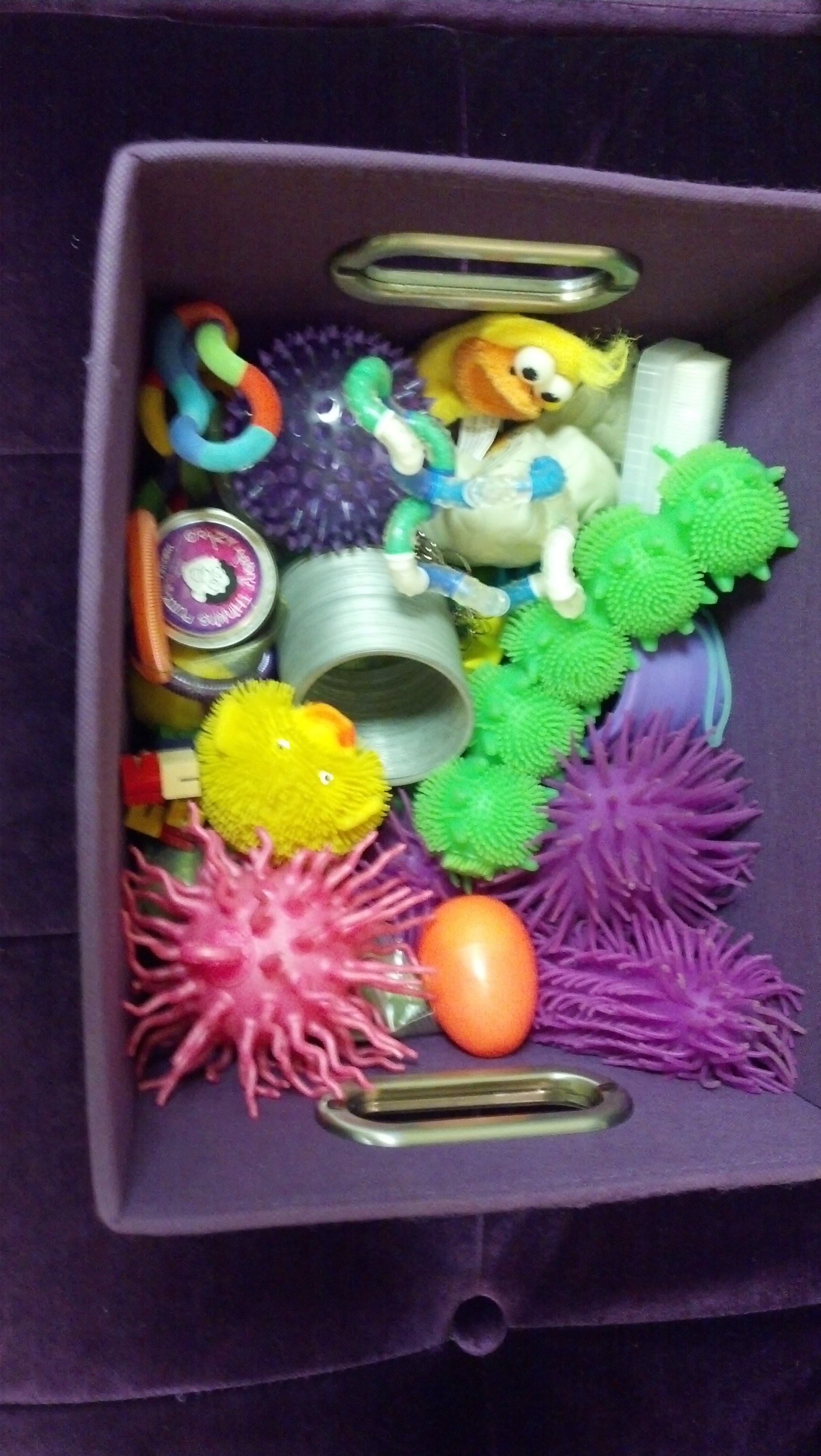Trichotillomania | Hair Pulling

We are STILL OPEN for Individual Counseling and Group Therapy during the current Shelter in Place ordinances due to Covid-19. Online Telehealth Therapy preferred.
Trichotillomania (also known as Hair pulling problems, Trich, compulsively pulling hair out, unconsciously pulling hair out) is when someone repeatedly pulls out their own hair, causing visible damage, and is unable to stop on their own. Trich is one of many Body Focused Repetitive Behaviors, which is a broad term that cover many similar struggles that are so much more challenging than “just a habit.” I am deeply passionate about helping people who struggle with these problems.
Most everyone occasionally pulls a hair as part of normal grooming. It is only considered a disorder when picking or pulling has a significant negative impact on your life. Such impacts may include:
- the amount of time spent pulling,
- avoiding relationships or intimacy,
- visible damage leading to shame and isolation
- avoiding or being late for work, school, or social engagements,
- exposure to medically harmful risks, such as trichobezoar
Approximately half of adults who suffer from a BFRB, such as trichotillomania and skin picking, also struggle with depression. It is not uncommon for anxiety, relationship problems, and various other disorders to occur along with a BFRB.
Treatment:
Current research suggests that psychotherapy is the most effective approach to help people who struggle with Trichotillomania. I integrate approaches to best suite each client. For the hair pulling behaviors I use ComB (Comprehensive Behavior Therapy) which is expanded form of cognitive behavior therapy (CBT) specifically designed for Trich. ComB is the more modern version of Habit Reversal Therapy (HRT). This lets me assess each person’s unique pattern of pulling and then approach treatment in an informed manner instead of general interventions. Since each person is so much more than just that behavior, I turn to more general counseling techniques to support the whole person in growing towards wellness and resilience. If trauma is also a factor in the client’s life, I include Somatic Experiencing to resolve and heal the lingering effects of trauma.
“But isn’t Trichotillomania just like OCD?”
NO! Hair Pulling disorders are independent of Obsessive Compulsive Disorders (OCD) and require specialized treatment that is different from OCD treatment. General OCD treatment is not recommended for trichotillomania. Hair Pulling disorders are in the same diagnostic chapter of OCD in the manual under “related disorders,” but are distinctly separate disorders with unique causes, neurology, and challenges.
“I have other issues besides Trichotillomania!”
No worries. I am a qualified counselor with years of experience helping people with a wide range of wellness issues. Many who also have trich, and many who don’t have any body focused repetitive behaviors. Anxiety, Depression, Grief, Trauma, Relationship Problems, Self Esteem, Shame, School/Work issues, Life Transitions, the list goes on. If you happen to struggle with something that I do not believe I can competently address, I will be honest with you and help you get the treatment that you need. I help each client as a whole person, you are so much more than your hair. But, I balance this with also helping you manage the hair pulling if that is what you want.
“There are hundreds of therapists in town, why should I choose you?”
This is a great question! There are several things that set me apart from other therapists.
-
I have extensive postgraduate education, clinical experience, and first hand experience directly addressing how to treat trichotillomania effectively. At least 80% of my practice is helping people with body focused repetitive behaviors such as hair pulling.
-
I help each client as a whole person, not just the hair pulling. Every person with trichotillomania has their own set of life experiences, family dynamics, strengths, and possible co-occurring disorders. I see and work with the big picture of your wellness.
-
My clients tell me that they can tell that I truly understand what they are experiencing and describe me as warm, empathetic, informed, and non-judgmental.
-
I provide a safe and accepting environment for discussing hair pulling issues regardless of sexual, gender, cultural or spiritual orientation.
- I offer a 20-minute consultation at no charge so you can see how you feel and whether you think we are a good match for one another. If you do not feel like we are a good fit for any reason, I will gladly refer you to another therapist who might be a better match for you so you can get the help you are seeking.
I invite you to contact me if you have any questions, concerns, or are ready to get started on your journey to recovery. Individual Counseling. Trichotillomania Therapy Groups are Accepting New Members!

